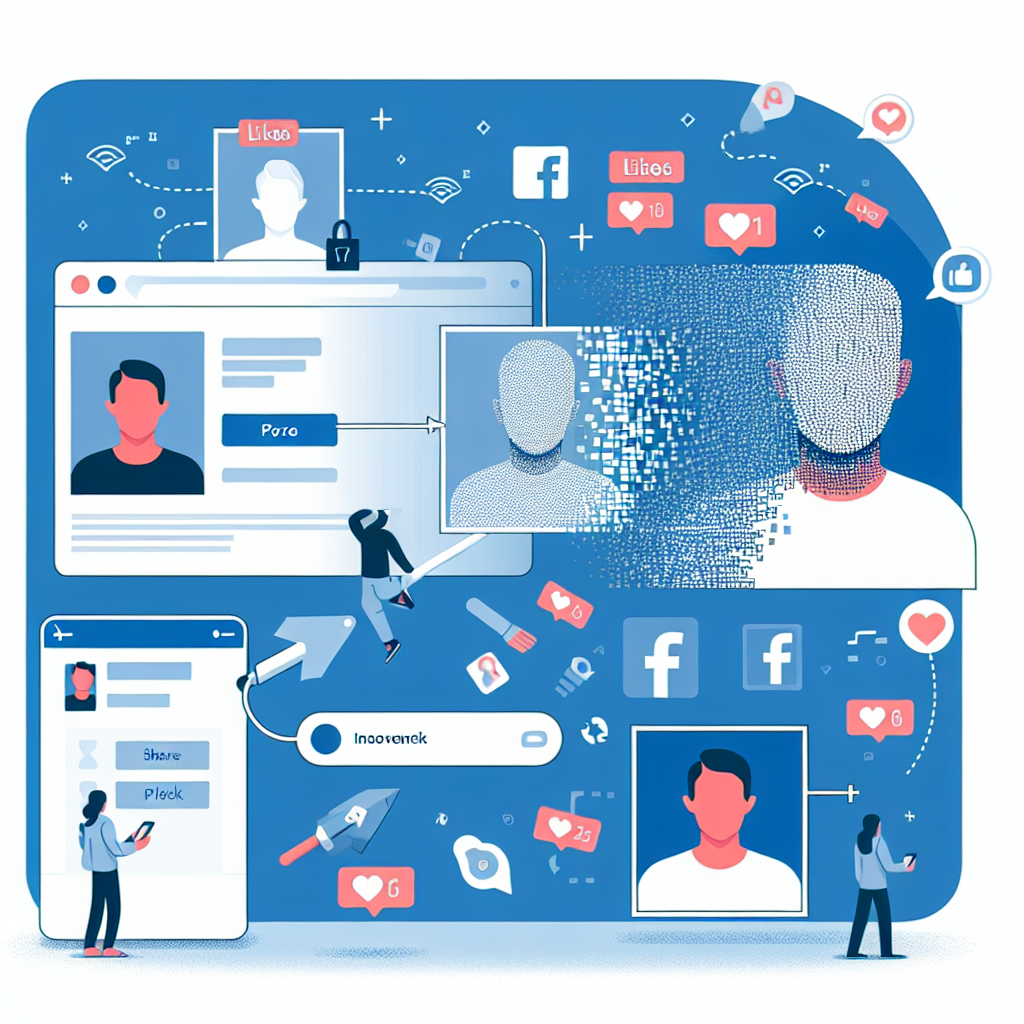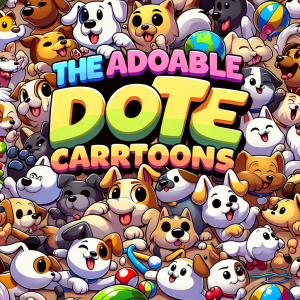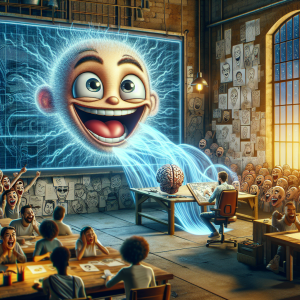Do you remember the first time you saw your face transformed into a cartoon character on Facebook? Perhaps you were scrolling through your feed, casually liking photos and posts, when suddenly, a friend’s profile picture caught your eye with a fun and whimsical cartoon filter. You may have been intrigued, amused, or even delighted by this new way of presenting oneself online. This innovative feature is just one example of how social media platforms like Facebook are constantly evolving to offer users new ways to express themselves and connect with others.
The Rise of Cartoon Avatars on Social Media
In recent years, cartoon filters have become increasingly popular on social media platforms, allowing users to transform their photos into playful and stylized cartoon avatars. These filters use advanced facial recognition technology to map out the user’s features and apply artistic effects that make them look like characters from animated movies or comic books. This trend has taken social media by storm, with users of all ages embracing the opportunity to create their digital alter egos.
One of the key players in this trend is Facebook, which introduced its cartoon filter feature in response to the growing demand for creative and interactive tools on the platform. The filter quickly gained popularity among users, who enjoyed the novelty of seeing themselves as cartoons and sharing their transformed images with friends and followers. What started as a fun feature soon evolved into a powerful tool for self-expression and digital identity.
Reshaping Digital Identity
So, how does a cartoon filter on Facebook impact digital identity? At first glance, it may seem like a lighthearted gimmick, a playful way to jazz up your profile picture or share a funny selfie with your friends. However, the cartoon filter actually has deeper implications for how we present ourselves online and how others perceive us in the digital world.
By using a cartoon avatar, users can experiment with different personas, styles, and expressions that may not be possible with their real-life photos. This freedom to play with identity can be empowering for individuals who want to explore different aspects of themselves or present a more idealized version of who they are. In a way, the cartoon filter allows users to construct their digital identities in a creative and artistic way, blurring the lines between reality and fantasy.
Moreover, the cartoon filter can also create a sense of unity and camaraderie among users who adopt it. When everyone on your feed is sporting a cartoon avatar, it fosters a sense of community and shared experience, bringing people together in a fun and light-hearted manner. This shared identity can strengthen social bonds and encourage interactions among users who may not have connected otherwise.
The Future of Digital Self-Expression
As social media continues to evolve, we can expect to see more innovative features like Facebook’s cartoon filter that push the boundaries of digital self-expression. These tools not only allow users to have fun and engage with their friends in new ways but also serve as a reflection of our changing attitudes towards identity, creativity, and technology.
By embracing these new forms of expression, we are reshaping the way we interact with social media and how we present ourselves online. Our digital identities are no longer confined to static profile pictures or text updates; they are dynamic, imaginative, and ever-evolving. As we continue to explore the possibilities of digital self-expression, we are creating a rich and diverse online landscape that reflects the complexity and creativity of the human experience.
FAQs
How does the cartoon filter on Facebook work?
The cartoon filter on Facebook uses facial recognition technology to map out the user’s features and apply artistic effects that transform their photo into a cartoon avatar. Users can choose from a variety of styles and customize their cartoon avatars to suit their preferences.
Why are cartoon avatars popular on social media?
Cartoon avatars are popular on social media because they offer users a creative and playful way to express themselves online. By transforming their photos into cartoon characters, users can experiment with different personas, styles, and expressions that may not be possible in real life.
What are the implications of using a cartoon filter on Facebook?
Using a cartoon filter on Facebook can have a variety of implications for digital identity. It allows users to play with different aspects of themselves, present a more idealized version of who they are, and blur the lines between reality and fantasy. The filter can also create a sense of unity and camaraderie among users who adopt it.








+ There are no comments
Add yours